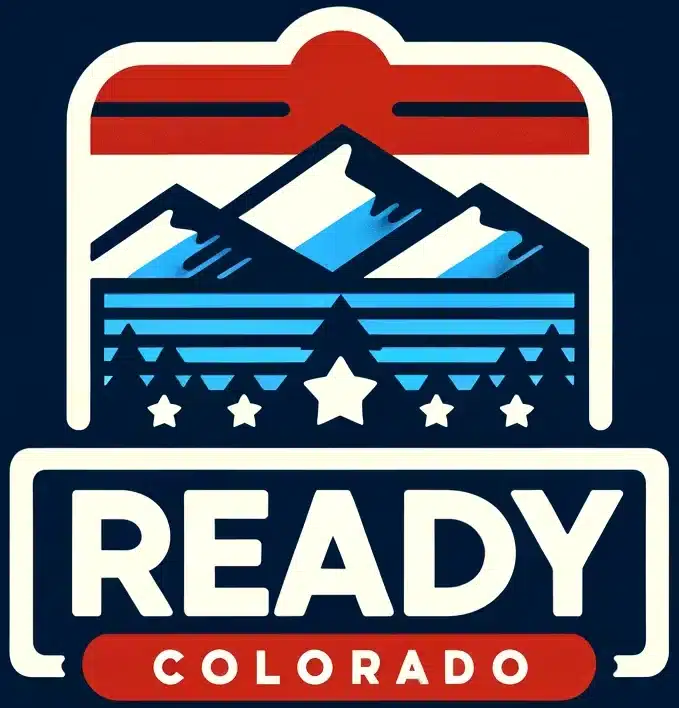In Colorado, over 5.8 million registered vehicles navigate the state’s roads, each bearing a unique license plate that serves as a legal identifier. Understanding the laws surrounding license plates is crucial for every Colorado resident and visitor who owns or operates a vehicle in the state. This article delves into the intricacies of Colorado’s license plate laws, providing a comprehensive guide to help you stay informed and compliant.
In This Article
TL;DR
- Colorado offers standard, specialty, and personalized license plates, each with specific requirements and processes.
- Failing to comply with license plate laws can result in legal and financial consequences.
- Resources are available to assist with license plate registration, renewal, and personalization in Colorado.
Understanding Colorado’s License Plate Laws
The Basics of License Plate Issuance
Colorado offers three main types of license plates: standard, specialty, and personalized. Standard plates are issued upon vehicle registration and feature a combination of letters and numbers. Specialty plates showcase designs representing various interests, such as charities, alumni associations, and military affiliations. Personalized plates allow vehicle owners to choose a unique combination of letters and numbers, subject to availability and approval.
Registration Renewal and Plate Replacement
Vehicle registration in Colorado must be renewed annually, with the specific timeline determined by the vehicle’s registration month. During renewal, license plates must be kept in good condition and replaced if lost, stolen, or damaged. Replacement plates can be obtained through the Colorado Department of Motor Vehicles (DMV).
Special Plates and Personalization
Colorado offers a wide variety of specialty plates catering to diverse interests and affiliations. To obtain a specialty plate, vehicle owners must meet specific criteria and follow the application process outlined by the DMV. Personalized plates allow for creativity, but the chosen combination must adhere to certain guidelines and is subject to approval by the DMV.
Legal Requirements and Compliance
Display and Visibility
Colorado law requires license plates to be displayed on both the front and rear of the vehicle, except for certain vehicles like motorcycles and trailers. Plates must be clearly visible and free from obstructions such as dirt, debris, or plate frames that obscure the registration information or stickers.
Temporary Permits
When purchasing a vehicle or awaiting the arrival of permanent plates, temporary permits may be issued. These permits must be displayed according to the guidelines provided by the DMV. They are typically placed on the vehicle’s rear window or bumper.
Non-Compliance Consequences
Failing to comply with Colorado’s license plate laws can result in legal and financial consequences. Violations such as improper display, obscured plates, or expired registration may lead to traffic citations, fines, and even the vehicle’s impoundment in severe cases.
Practical Implications and Considerations
Moving to Colorado
New residents moving to Colorado must register their vehicles and obtain Colorado license plates within ninety days of establishing residency. This process involves providing proof of ownership, insurance, and passing emissions testing (if applicable) at a local DMV office.
Selling or Buying a Vehicle
When selling a vehicle in Colorado, the seller must remove the license plates and transfer ownership through the DMV. The buyer is responsible for registering the vehicle and obtaining new plates in their name. Temporary permits may be issued to allow for the legal operation of the vehicle during the transfer process.
Resources and Assistance
Where to Seek Help
The Colorado Division of Motor Vehicles (DMV) is the primary resource for assistance with license plate laws and issues. Local DMV offices can provide information, forms, and guidance related to registration, renewal, and plate replacement.
Online Services and Tools
Colorado offers online services and tools to streamline license plate processes. The DMV website allows for online registration renewal, plate personalization, and access to forms and information. These digital resources provide convenience and efficiency for vehicle owners navigating the state’s license plate laws.
FAQ
How do I apply for a specialty license plate in Colorado?
To apply for a specialty license plate in Colorado, visit your local DMV office or access the online application through the DMV website. You will need to provide proof of eligibility for the specific specialty plate, such as military service records or charity affiliation documentation.
What should I do if my license plate is lost or stolen?
If your license plate is lost or stolen, report it immediately to law enforcement and the DMV. You will need to apply for a replacement plate, which can be done at your local DMV office or through the online portal, depending on your specific circumstances.
Can I transfer my license plate to another vehicle in Colorado?
In most cases, license plates in Colorado cannot be transferred between vehicles. Each vehicle must be registered separately and assigned a unique plate. However, there are some exceptions, such as transferring plates between vehicles owned by the same individual or entity.
How often do I need to renew my vehicle registration and license plate in Colorado?
Vehicle registration and license plate renewal in Colorado is required annually. The specific renewal month is determined by the vehicle’s registration date and can be found on the registration card or renewal notice. The DMV typically sends renewal reminders by mail or email, but it is the vehicle owner’s responsibility to ensure timely renewal.
Are there any exemptions to license plate laws in Colorado?
Yes, there are some exemptions to license plate laws in Colorado. For example, certain vehicles like trailers and motorcycles may only require a rear plate. Additionally, some vehicles, such as those used for agricultural purposes or by government agencies, may be exempt from certain registration and plate requirements. It is essential to consult the DMV for specific exemptions and requirements based on your vehicle type and use.






